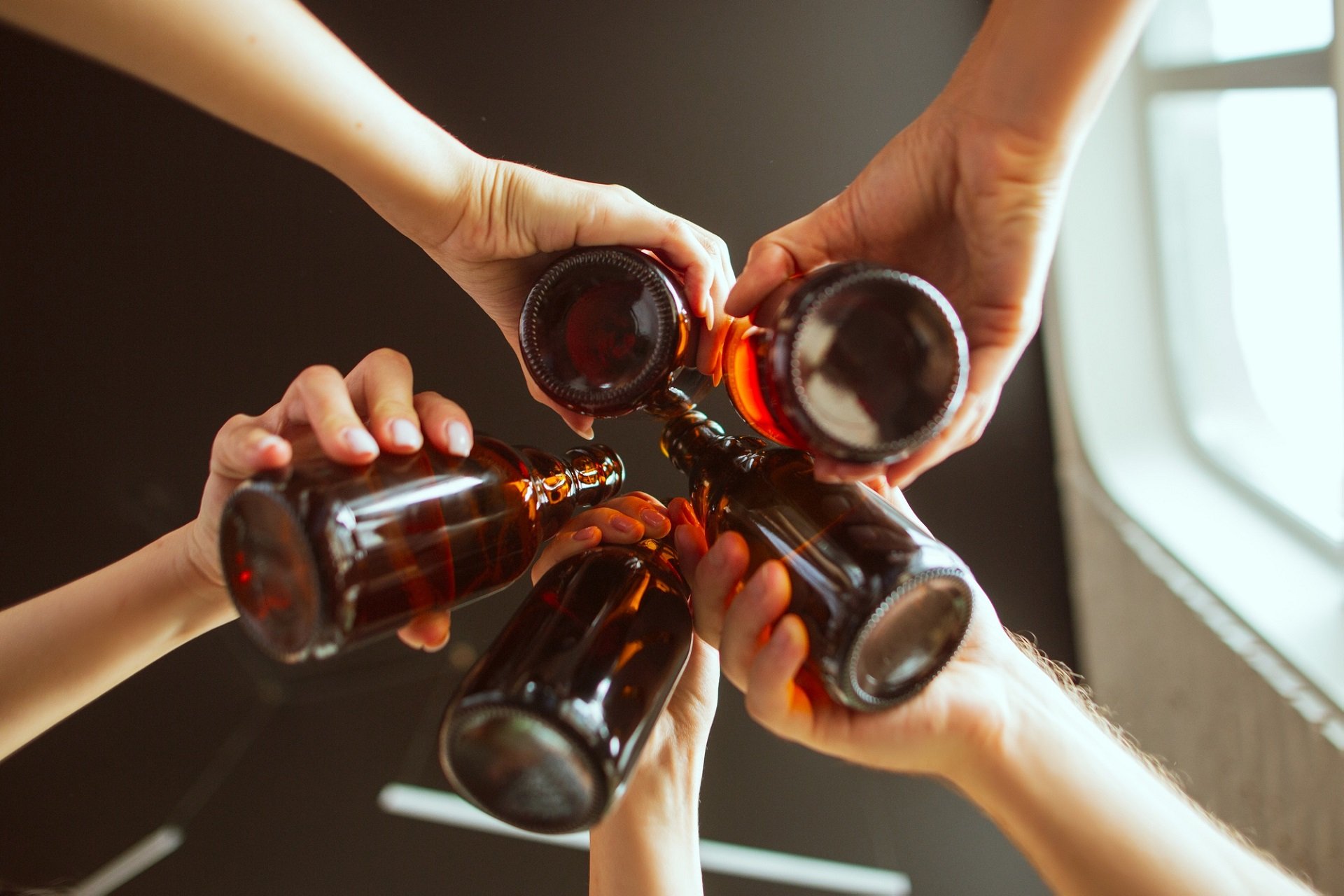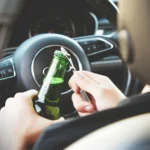You may have heard of the term “binge drinking” before. It sounds like a dangerous concept at first: consuming a lot of alcohol in a short period can surely lead to some side effects, right?
On the other hand, some people say that it’s alright if you only do it from time to time. Maybe it’s alright to let go every once in a while?
But most of all, is it bad?
Here’s what you need to know:
What is binge drinking?
To “binge” is to indulge in something in an excessive way. Thus, “binge drinking” means consuming an extreme amount of alcohol in a short period.
For many people, the end goal of binge drinking is to get drunk and release tension. It’s an activity that’s seen as a fun way to “let loose,” especially when celebrating or trying to forget something stressful, like work or life problems.
The Centers for Disease Control and Prevention (CDC) defines binge drinking as consuming 5 or more drinks for men and 4 or more drinks for women on one occasion.
Generally, however, a binge drink occurs whenever you intentionally drink an excessive amount of alcohol in a single day, to the point that you become intoxicated. This can be as many as 8 drinks for some, or as few as 3 drinks for others.
There are many ways that people binge drink:
- Games such as “beer pong,” where two players make each other drink alcohol by successfully landing a small ball into their cups
- Dares that start with “Take a shot every time…” where lost bets result in the losing party taking a shot of alcohol with high alcohol content
- Receiving peer pressure from friends who also binge drink
Binge drinking vs. heavy drinking
Binge drinking may be confused with the term “heavy drinking.” The CDC defines heavy drinking as consuming at least 15 drinks per week for men and at least 8 drinks per week for women.
In other words, the difference is frequency. If you consume 7 drinks in one night, for example, it’s considered binge drinking. If you consume 16 drinks in a week, that would be heavy drinking.
However, it’s possible for both binge drinking and heavy drinking to occur. For instance, consuming a lot of alcohol every other day to the point of intoxication may be considered both heavy drinking and binge drinking.
Is binge drinking bad?
It may be argued that binge drinking is alright if you only do it every once in a while. For example, going on a binge drink for a day and never touching alcohol for the rest of the month is fine.
However, no matter how you approach binge drinking, it carries both short-term and long-term risks.
Short-term risks include:
- Heavy sleepiness – Alcohol consumption induces sleepiness. Binge drinking can lead to heavy sleep and affect any commitments the day after the binge drinking
- Impaired motor control – Improper lack of control over your body may lead to injuries and incidents that range from minor to fatal. These include tripping, stumbling, or attempting to drive a vehicle while under the influence
- Regrettable or shameful acts due to lack of inhibition – While drinking alcohol can make you feel relaxed, it also removes behavioral inhibitions. This results in responding or committing acts that you would otherwise avoid doing outside the influence of alcohol
Some people may point out that binge drinking has short-term side effects. In reality, however, binge drinking has long-term consequences on your well-being.
Binge drinking can be a gateway to building alcohol dependence. This can happen in two ways:
- You’re currently facing a time of distress when you engage in binge drinking.
- Put simply, you found binge drinking to be very pleasurable.
In both cases, you’ll develop a mental association between alcohol consumption and relief, thus leading to dependence. The presence of stress can build this association more quickly, as the sensation of relief from drinking alcohol becomes stronger.
Alcohol dependence has drastic effects on your overall well-being and can affect various aspects of your life.
Some side effects include:
- Social isolation
- Depression and anxiety
- Impaired work performance
- Inability to maintain a healthy routine
- Losing track of long-term goals
How to avoid binge drinking
For the most part, binge drinking poses a danger when it comes to you through social pressure. It’s become quite a common practice in parties with hard alcohol involved. Thus, you’re more likely to avoid the risk of pressure if you attend social gatherings with little to no alcohol.
Nevertheless, binge drinking can occur in any event. Holidays like Halloween, especially, can vary wildly in how much binge drinking tendencies are present. In any case, it’s best to stay vigilant.
Here are some practices you can implement to avoid going on a binge drink:
- Strictly limit yourself to a few glasses of light alcohol (i.e., 12% or less alcohol content)
- Avoid hard alcohol (i.e., alcohol with more than 20% alcohol content) or cocktails that contain hard alcohol
- Have a friend accompany you and help you avoid binge drinking
- Be stern in refusing invitations to consume more alcohol than you can handle
The safest tip is to avoid alcohol altogether, especially when you’re facing stressful times in life. Even a single bottle of beer can send you down a spiral of binge drinking. After all, alcohol dependence always starts with one drink.
Instead, you can find other outlets to help you release stress in a positive, transformative way. Some examples include:
- Finding new hobbies and interests
- Watching your favorite TV show or movie
- Venting out to a loved one
- Staying in new cafes for studying or working
If you still decide to attend parties that contain copious amounts of alcohol, remember to steer clear of social pressure. When you’re hardened enough against alcohol consumption, you can befriend people at the party without falling into alcohol yourself. After all, the life of the party is not alcohol — it’s the people.
Keep yourself in moderation with the California Recovery Center
The key practice with drinking alcohol is to always exercise moderation. Never consume enough alcohol to the point of drunkenness to avoid injuries. Limit your drinking to once every two weeks or a month as much as possible.
Alcohol, like any other substance, has severe risks that can adversely affect your life simply for “enjoying the moment.” In that regard, there are many, many other ways you can make the most of not just the moment but your entire life.
Still, the choice of drinking alcohol is up to you. But whatever choice you make, it’s best to know what recovery center to go to in case you develop a dependence. At California Recovery Center, our doors are always open to those who want to recover from unhealthy drinking habits into a healthy, wholesome lifestyle. Learn more by reaching out to us at (866) 864-1986.




